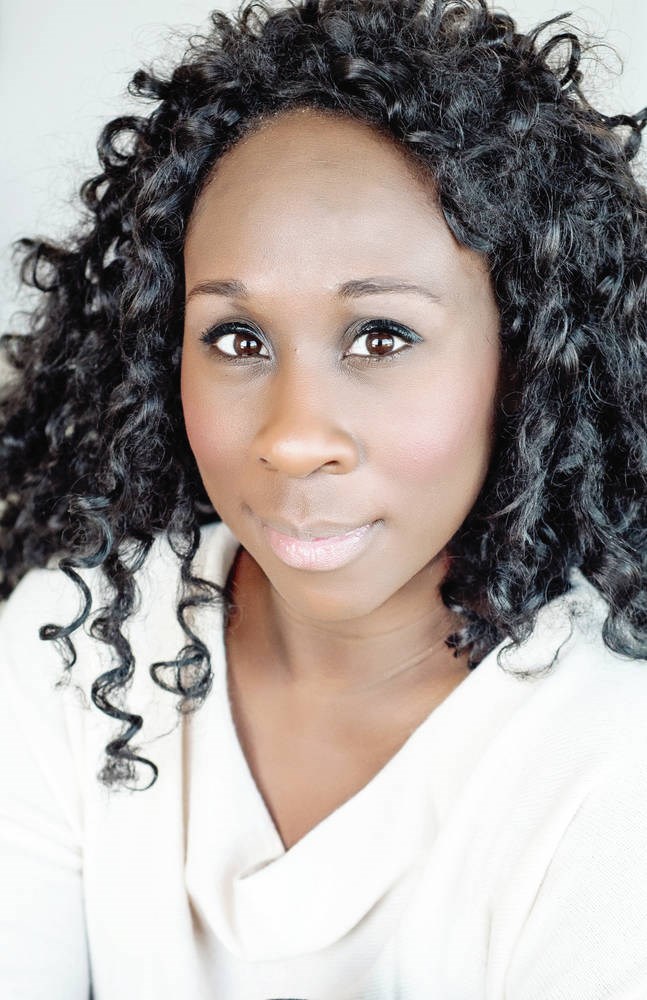Values For a New World Series
What: Writing and the Great Change Upon Us featuring Esi Edugyan and Tim Lilburn
When: Thursday, Dec. 3, 5 p.m.
Tickets: Free (must pre-register at uvic.ca/csrs/events)
The downside of video-conferencing technology, which has exploded in popularity during the pandemic, is the lack of energy and in-the-flesh interaction.
Real conversation, in short.
But when you’re looking to spread a message beyond the confines of the city in which you live, programs such as Zoom can be essential tools. University of Victoria history professor Paul Bramadat, the director of UVic’s Centre for Studies in Religion and Society, discovered this phenomenon first-hand when planning the upcoming Values For a New World Series.
“We’re going to have people from around the world, especially given these names,” Bramadat said of the six-part series, which includes everyone from scholar and author Noam Chomsky to Linda Woodhead, one of the world’s leading experts on religion.
“In this case, we decided to use Zoom as a medium through which we can talk about what the pandemic has taught us about the fault lines that are under the world — ones that existed before COVID arrived.”
The co-production between UVic and the Anglican Diocese of Islands and Inlets of British Columbia gets underway online tonight at 5 p.m. with Writing and the Great Change Upon Us, a conversation between Victoria writer Esi Edugyan, the two-time Giller Prize winner, and UVic professor Tim Lilburn, who won the Governor General’s Award for his poetry. Others set to appear during future instalments of the free monthly series include Croatian theologian Miroslav Volf (Jan. 7), Chomsky (Feb. 2), Thomas Homer-Dixon (Feb. 23) and Woodhead (March 4).
The series wraps March 16 with a panel discussion, moderated by Bramadat, that will feature each of the aforementioned guests.
The Values For a New World Series was designed to explore perspectives on the changing role of religion in contemporary society. Bramadat expects there will be a multitude of benefits for viewers as the guests attempt to make sense of a world currently being reshaped by a virus.
“What we want to do is to look at three things: the old normal; the current normal, or what we might think of as the new normal; and the future of normal.”
The all-star roster of what Bramadat called “five really big thinkers” is the perfect assembly to tackle such big-picture ideas. That they will cover a wide range of religious, spiritual and theological traditions will only add to the value, he said. The hope is that the guests will offer both spiritual and political responses to the state of the world, and provide some tangible examples of how to rebuild it mid-pandemic.
“We have a chance to look at the ways these things might have been responsible for some of the problems we see more clearly now, and also ways in which there are some of the more creative solutions for our current predicament.”
Not only do Zoom webinars expand the potential audience for a series such as this, they are also helpful from a financial standpoint. Guests booked to appear during the Values for a New World Series will speak from the comfort of their homes, which kept production costs from being too prohibitive.
“We definitely never intend to make a profit. This is largely a function of very generous donations from the diocese. I provide the staffing and infrastructure to create the experiences, and the diocese provides funding. Together we work through the logistical questions. It has been wonderful for both sides. It gives us very high-octane, intellectual contributions to the life of the church but also it brings in people who are straddling the academic and theological worlds.”



